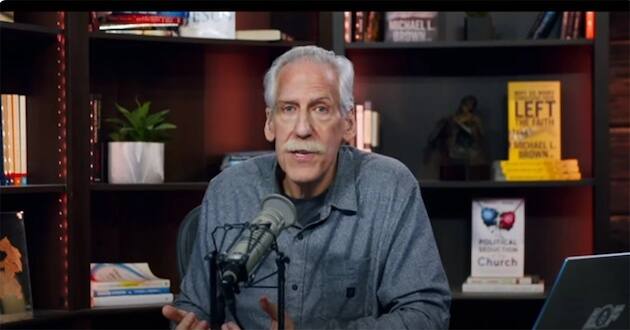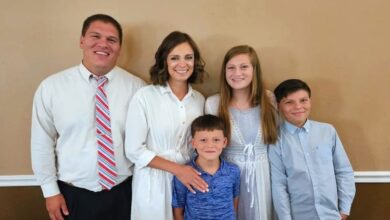Podcast debate over false teachers includes names Bickle, Hinn, Osteen

Mike Bickle, formerly of IHOPKC, was among several controversial leaders discussed when biblical scholars from different theological backgrounds engaged in a vigorous debate over the biblical definition of a “false teacher” and “false prophet.”
Justin Peters, leader of Justin Peters Ministries and Jim Osman, author and pastor of Kootenai Community Church, debated the issues with Michael Brown, host of the “Line of Fire” podcast and Sam Storms, pastor emeritus of Bridgeway Church in Oklahoma City.
The first hour of the debate opened with a focus on the biblical criteria for labeling someone a false teacher or prophet, with all participants agreeing that a false teacher promotes heresies that are fundamentally at odds with the core doctrines of Christianity, such as the deity of Christ, salvation by grace through faith and the resurrection. However, the conversation quickly delved into more contentious territory, with the four men examining whether individuals who have made significant errors in their teachings but later repented could still be considered false teachers.
Six months after this roundtable discussion was filmed, Bickle was accused of sexual abuse, an allegation Brown and Storms acknowledged in a joint statement shared in this video. Bickle’s claims of supernatural experiences and his association with controversial figures raised questions about discernment and the validation of prophetic experiences within the Christian community. Peters, Osman, Storms and Brown discussed the challenges of verifying such experiences and the importance of empirical evidence and biblical alignment in evaluating modern-day prophets and teachers.
“I believe that Mike Bickle has lied about a number of things,” Osman said. “In fact, not the least of which he claims to have been to heaven at least twice. I don’t believe that.”
Storms, defending Bickle, highlighted the complexity of discerning true from false teachings in the context of charismatic experiences. He pointed to instances where Bickle’s prophetic experiences were said to be empirically verified, emphasizing the need for a careful and nuanced approach to discernment that considers both the content of the teachings and the character of the teacher.
“Mike Bickle is probably my best friend in this world,” he said. “When I hear people say they think Mike Bickle is a false teacher, it angers me. It really does, because I know the individual. We’re not talking about just watching ministry. I know the man personally.”
Despite their disagreements, the four men expressed a shared commitment to discernment, biblical fidelity and the pursuit of truth, and demonstrated a willingness to engage in constructive dialogue.
“Let’s try to work together, see the good, and we can have our biblical differences,” Brown said. “I’ll go toe to toe with anybody on the planet. I’d love to have the conversation, to talk together rather than to be so put off by the differences. I’m not trying to be naive or overly simplistic, but I think there are things that we each have that we need, and I say in humility that there are things you brothers have that are important , and I think it’s the same in the other direction, and the body would be so helped by that.”
Other well-known teachers mentioned also included Kenneth Copeland, Benny Hinn and Joel Osteen.
–Alan Goforth | Metro Voice






